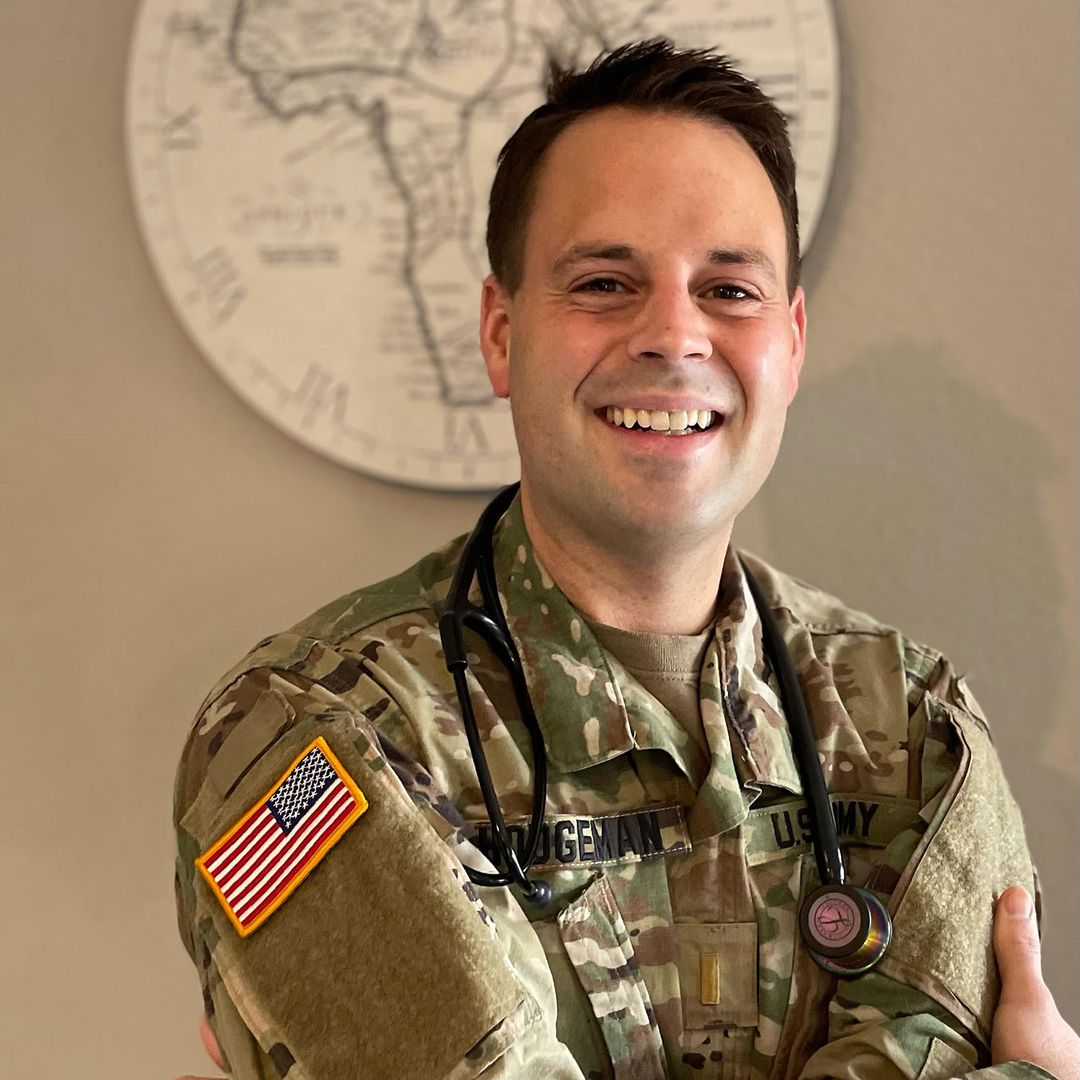Ryan Hodgeman is a recent graduate of the College of Osteopathic Medicine medicine, currently serves as 2nd lieutenant in the U.S. Army and was vice president of his class.
I began medical school with an extensive history in global health work; it was and continues to be the focus of my professional career. The five years preceding my tenure at Michigan State University College of Osteopathic Medicine I lived in Botswana, worked with a non-profit Harvard-based organization enhancing oncologic care in low- and middle-income countries (LMICs), and conducted pediatric epilepsy research in Zambia and Tanzania.
MSU’s premiere global footprint and COM’s dedication to global health sustainability and research is the reason I am a Spartan today. What I did not know as I began my medical training is how important and complimentary the practice and study of global health would be to my growth as a physician.
Michigan State emphasized the importance of understanding the patient in order to provide him or her with the best individual care. To empathize and understand what health means to my patients, I need to see through their cultural lens. This art of medicine takes practice, and global health engagement is the best teacher. In my experience, the best way to appreciate culture is to be immersed in it. We must be able to elevate our patients’ priorities in order to provide effective care at all levels — global health continues to teach me this in a way no other medium can.
In addition to cultural competency, practicing medicine in resource-limited settings forced me to rely on clinical skills in a more profound way. As a graduating medical student, by far the most rigorous clinical training I received was in a community clinic in rural northern Haiti where I could not rely on imaging and lab testing to make my diagnosis. In conjunction with a preceptor, I clinically examined more patients in one week then in most of my month-long clerkship rotations. Learning clinical medicine in a community without robust health care infrastructure also provides opportunities to experience advanced disease processes that are less often seen, but no less important.
Partnering with resource-limited communities provides health care education we can’t achieve by staying home. Global health practice has made me a more culturally competent care provider and a more skilled clinician. The benefits I received as a healthcare student are made possible by the university’s dedication to build sustainable and mutual partnerships. Maintaining these partnerships is vital to our understanding of diversity, improved global health care and the ongoing education of MSU’s student body.
